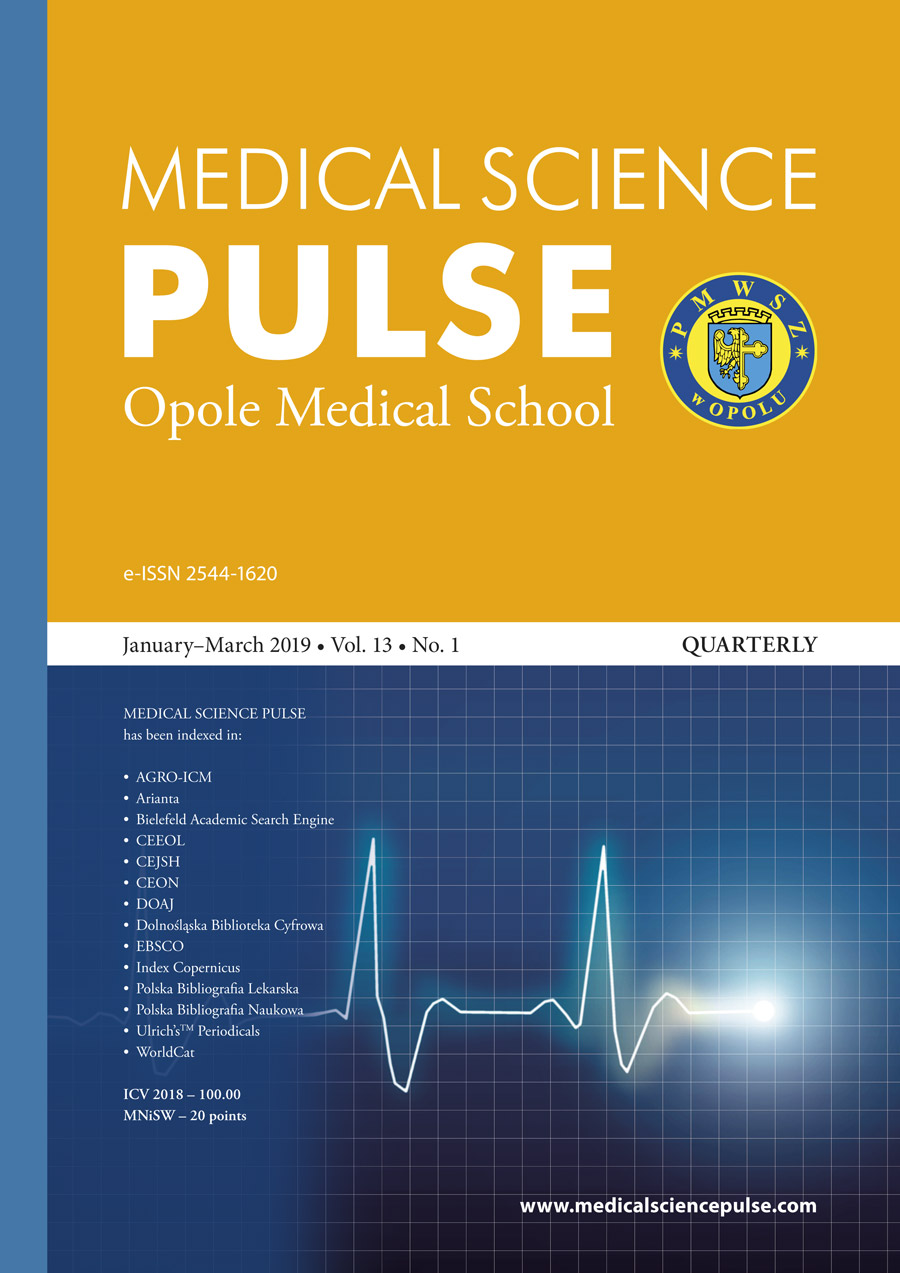Physicians’ personal health practices and their effect on their patients‘ health practices
Physicians’ personal health practices and their effect on their patients‘ health practices
Author(s): Yizchak Dresner, Erica Frank, Michal Shani, Shlomo VinkerSubject(s): Health and medicine and law
Published by: Państwowa Medyczna Wyższa Szkoła Zawodowa w Opolu
Keywords: physicians; patients; personal health practices; health care indicators
Summary/Abstract: Background: Although much has been written about the potential power of the association between physicians’ personal health practices and those of their patients, we found few objective studies of this relationship. We therefore investigated this association using objectively measured health care indicators. Aim of the study: The aim of the study was to show the association between physicians’ own screening/immunization practices and their patients screening/immunization practices. Material and methods: We assessed 8 indicators of quality of health care (screening and vaccination practices) for primary care physicians (n=1488) and their adult patients (n = 1 886 791) in Israel’s largest health maintenance organization. The physicians were also patients in this health care system Results: For all 8 indicators, patients whose physicians were compliant with the preventive practices were more likely (p < 0.05) to also have undergone these preventive measures than patients with noncompliant physicians. We also found that more similar preventive practices showed somewhat stronger relations. For example, among patients whose physician had received the influenza vaccine, 49.1% of eligible patients received influenza vaccines compared to 43.2% of patients whose physicians did not receive the vaccine (5.9% absolute difference, 13.7% relative difference). This is twice the relative difference (7.2%) shown for pneumococcal vaccine—eligible patients of influenza-vaccinated versus non vaccinated physicians (60.9 vs 56.8%).When we examined the rates of un-related practices, we found that, for example,mammography rates were identical for patients whose physicians did and did not receive the influenza vaccine Conclusions: We found a consistent, positive relation between physicians’ and patients’preventive health practices. Objectively establishing this healthy doctor—healthy patient relationship should encourage preventionoriented health care systems to better support and evaluate the effects on patients of improving the physical health of medical students and physicians.
Journal: Medical Science Pulse
- Issue Year: 13/2019
- Issue No: 1
- Page Range: 4-7
- Page Count: 4
- Language: English

